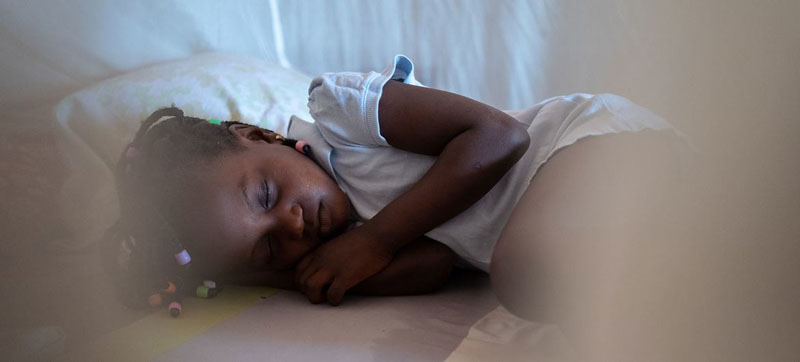 Dengue
Dengue
Dengue spike fuels concerns of public health threat in previously untouched countries, alerts WHO
This year's surprising spike in dengue infections globally represents a potentially high public health threat, the UN World Health Organization (WHO) said on Friday.
The warning came as WHO reported more than five million dengue infections and 5,000 deaths from the disease worldwide this year.
Briefing journalists at the UN in Geneva, Dr. Diana Rojas Alvarez, WHO Team Lead on Arboviruses, said that the threat required “the maximal attention and response from all levels” of the UN health agency to support countries in controlling current dengue outbreaks and prepare for the upcoming dengue season.
Global warming infection boost
Dengue is the most common viral infection transmitted to humans bitten by infected mosquitoes. It is mostly found in urban areas within tropical and sub-tropical climates.
The rise in the number of reported cases of dengue in more countries is explained by the fact that infected mosquitoes now thrive in more countries because of global warming associated with rising emissions.
“Climate change has an impact in dengue transmission because it increases rainfall, humidity and temperature,” said Dr. Alvarez. “These mosquitoes are very sensitive to temperature.”
Although four billion people are at risk from dengue, most of those infected are symptom-free and usually recover within one to two weeks.
Shock tactics
However, severe dengue infections are marked by shock, severe bleeding or severe organ impairment, according to WHO.
It also highlighted that these dangerous symptoms often start “after the fever has gone away”, catching carers and medical professionals unawares. Warning signs to look out for include intense abdominal pain, persistent vomiting, bleeding gums, fluid accumulation, lethargy, restlessness and liver enlargement.
As there is no specific treatment for dengue, early detection and access to proper medical care is crucial, to lower the probability to die due to severe dengue.
“Since the beginning of this year, over five million cases and about 5,000 deaths of dengue have been reported worldwide and close to 80 per cent of those cases have been reported in the Americas, followed by Southeast Asia and the Western Pacific,” reported Dr. Alvarez.
She added that “it is also concerning that dengue outbreaks are occurring in fragile and conflict-affected countries in the eastern Mediterranean region such as Afghanistan, Pakistan, Sudan, Somalia and Yemen.
The global prevalence of mosquitoes has changed in the last few years owing to the 2023 El Niño phenomenon which accentuated the effects of global warming temperatures and climate change, WHO said.
Home and Away
Both factors are associated with previously dengue-free countries such as France, Italy and Spain reporting cases of infections that originated at home – so-called autochthonous transmission - rather than abroad. The disease vector is the Aedes aegypti mosquito, which is widely distributed in Europe and also more commonly known as the “tiger mosquito”.
“Usually, Europe reports imported cases from the Americas, from the Western Pacific, from the endemic regions”, said Dr. Alvarez. “But this year we saw limited clusters of autochthonous transmission. As we know, the summers are getting warmer”.
Support Our Journalism
We cannot do without you.. your contribution supports unbiased journalism
IBNS is not driven by any ism- not wokeism, not racism, not skewed secularism, not hyper right-wing or left liberal ideals, nor by any hardline religious beliefs or hyper nationalism. We want to serve you good old objective news, as they are. We do not judge or preach. We let people decide for themselves. We only try to present factual and well-sourced news.







